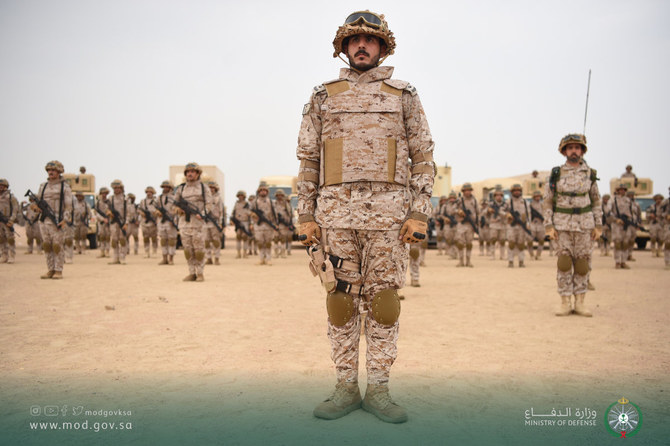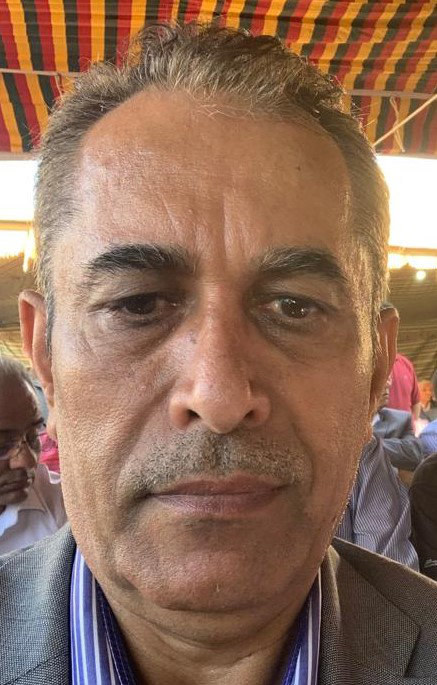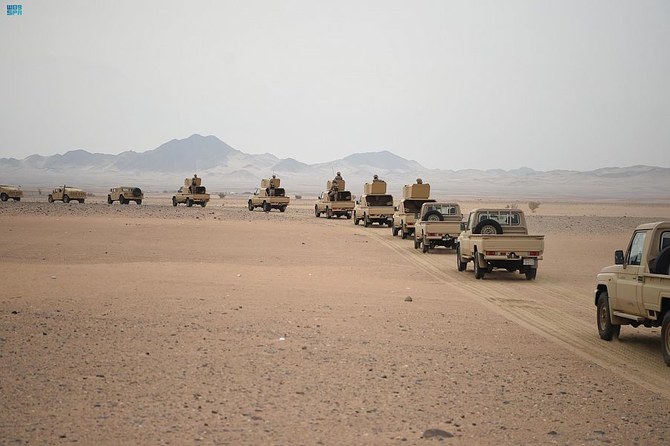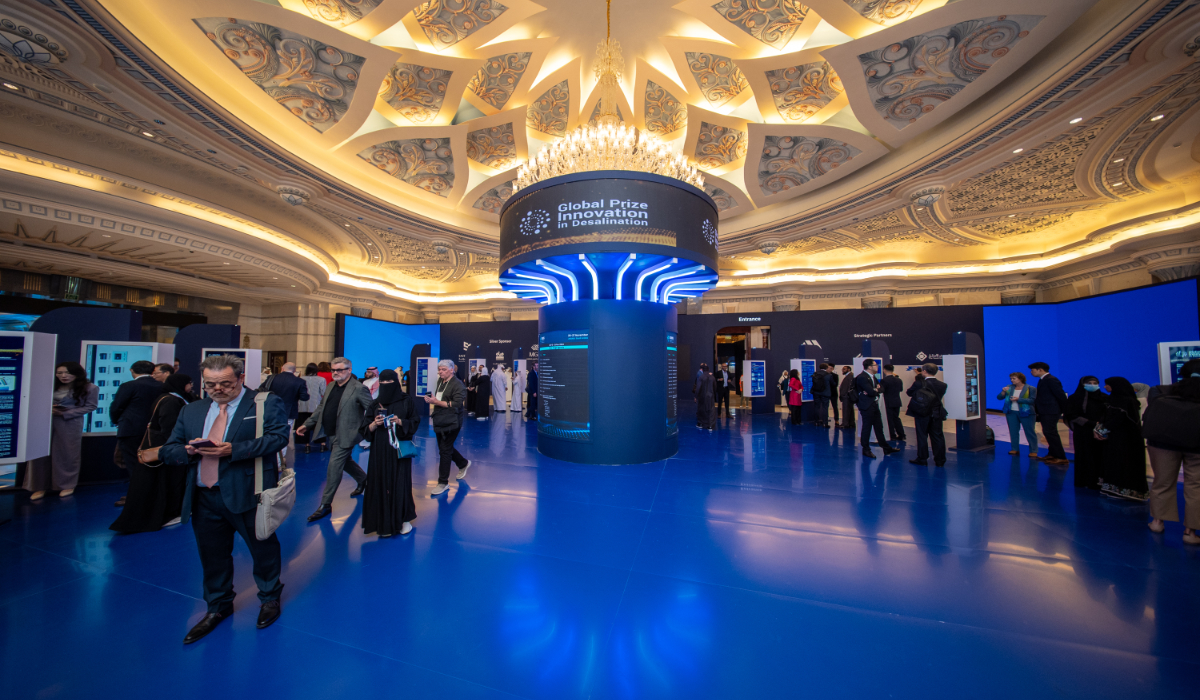RIYADH: The Native Fury 2022 drill between Saudi armed forces and US marine corps has begun in Yanbu’s exercise operations area.
The exercise will last nearly a month and include many drills and exercises on logistics as well as live ammunition shooting.
It was opened by Saudi Air Force Major General Ahmed Aldebais and US Marine Corps Maj. Gen. Paul J. Rock and a number of senior officials from both sides, who toured the sites of the drill.
The exercise commander Col. Saud Al-Aqili said that the “Native Fury” exercise aimed to “practice and train the implementation of bilateral operational and logistical military plans, exchange experiences between the two sides, and complementary work with civil authorities to implement such mixed exercises.”
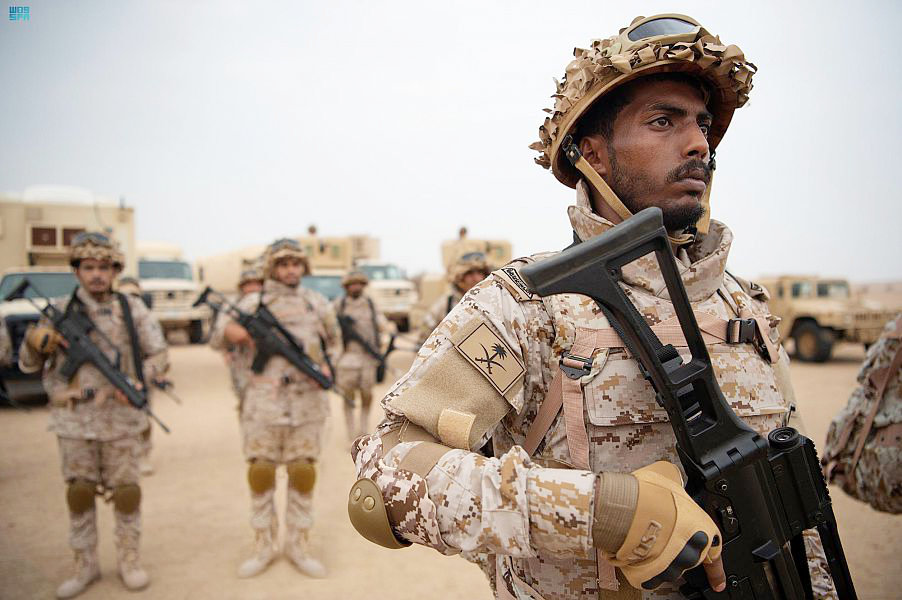
The exercise was opened by Saudi Air Force Major General Ahmed Aldebais and U.S. Marine Corps Maj. Gen. Paul J. Rock and a number of senior officials from both sides and is taking place in Yanbu. (SPA)
Col. Matthew H., commander of the American forces participating in the exercise, said that the maneuvers improved complementary work and raise the level of compatibility and combat readiness of the Saudi and American forces.
Relations between the two countries date back to 1931, when the Kingdom began the commercial journey of oil exploration and production.
In 1933, King Abdulaziz bin Abdulrahman Al-Saud granted an American company the right to explore for oil, which was followed by the signing of a cooperation agreement between the two countries.
The historic meeting on board the US cruiser (USS Quincy) on Feb. 14, 1945 between King Abdulaziz and US President Franklin Roosevelt established decades of relations and strategic partnership between Saudi Arabia and the US.
Ali Al-Balawi, a strategic analyst, told Arab News: “The exercise means a lot as it affirms the importance of Saudi-American joint military cooperation safeguarding common interests and regional security.”
Al-Balawi said that the exercise confirmed that joint training programs between the Saudi Armed Forces and the United States Marines “will continue, as planned, and are not influenced by any other political factors.”
He said that this meant that security and stability were given priority over many other matters, “especially because American military and intelligence officials realize that without the Saudi positive role there will be no security or stability in the Middle East and no protection to the US interests.”
Saudi Arabia, according to Al-Balawi, is a pivotal and important country with moderate policies, which “are important factors in the international and regional stabilization industry.”
He said that the combat efficiency of the Saudi Army, as well as the quality of the advanced and sophisticated weapons it deals with, qualified it for joint training with the US Navy. He highlighted the importance of the waterways surrounding Saudi Arabia and the international trade passing through the region, which required Saudi power.
Al-Balawi said that the goal of the exercise was to emphasize Saudi Arabia and America’s ability to provide regional security requirements, to send a message to all threats to vital waterways in the region, and to show that Saudi forces have the rehabilitation and training capability to deal with emergency conditions as they occur.



